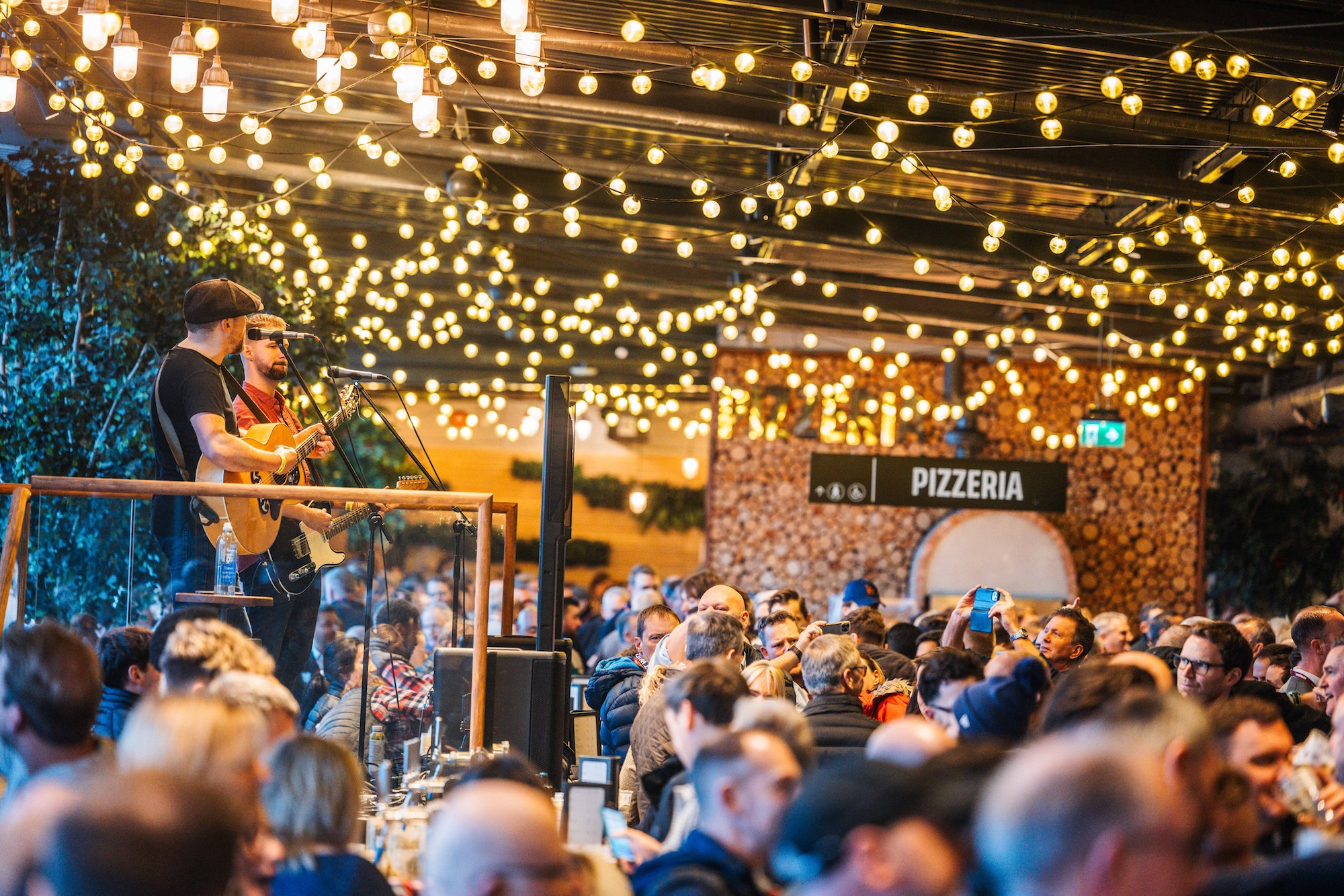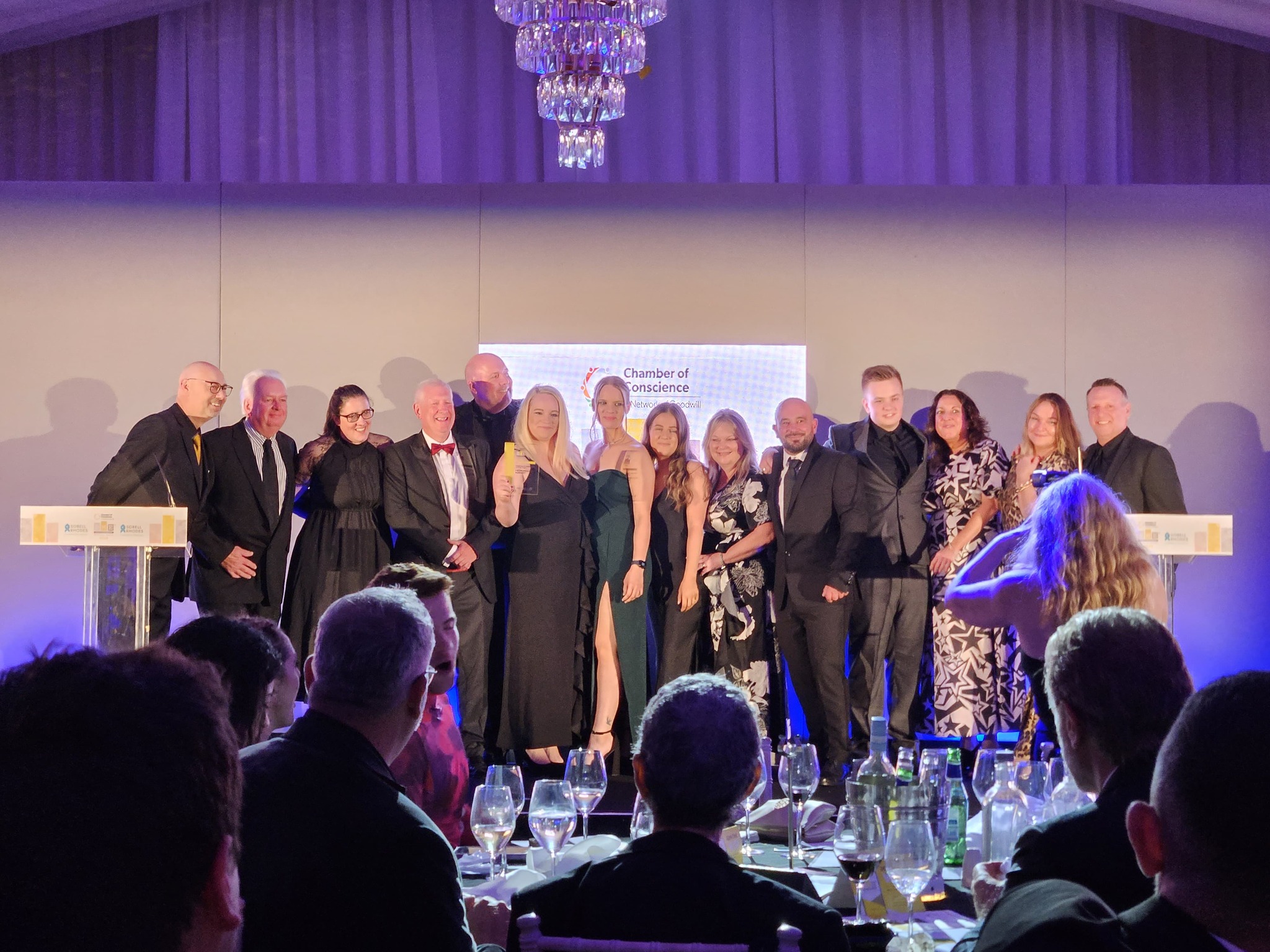Unusual and unique venues can be an attractive alternative to what some people consider to be the slightly sterile world of hotels or purpose built venues that consist of four blank walls and offer little in the way of history, décor, attractiveness and that all important ‘wow factor’.
However, in their haste to find an appropriate venue the organiser often overlooks the fact that it is the contractors and suppliers who have to turn theory into practice, something that is often made difficult by a lack of, for example, sufficient power, water, lifts and a multitude of other essential infrastructure that usually comes as standard in the modern purpose built venues.
Andy Metcalfe, sales and marketing director of Ford and Barley Exhibitions, says that unusual venues do indeed present a catalogue of challenges.
“The first thing is getting the equipment into the venue, are the lifts big enough or will we have to lug everything up the stairs,” he says. “Before the gear has even arrived you need to look at the outside space to see if there’s enough room for lorries to reverse up to the venue. At one venue we regularly work in the road has to be coned off the night before to make sure there is space for lorries to turn.”
Metcalfe agrees that there can be a certain amount of frantic searching for power sockets and checking that the power these supply is actually sufficient to run whatever equipment is required. However, he is keen to underline that this is work that should be done well in advance of the event so that there are no surprises when the gear arrives. He is also quick to advise site visits because older venues often have plans which have not been updated since they were built, it’s not uncommon for these plans to show a clear area where in actual fact there is now a staircase or where a wall has been added.
Despite the demands they pose, Metcalfe likes unusual venues because they often allow the contractor to be more creative.
“You put your design hat on and think about how to get round the things that appear difficult,” he says. “In some cases you need to screen certain areas and highlight others, you often see something that makes you think ‘wow, that’s really impressive, let’s make that a feature within the event.”
A feature within an event can often include some form of live entertainment. Incognito Artists is a firm that supplies singers for all kinds of event ranging from weddings through to product launches, corporate nights and gala dinners. Three singers pose as workers at the event and suddenly burst into song at a given moment during the evening.
In theory all they need is a couple of power points into which they can plug their CD player with the backing track, and a PA system. However, managing director, Geoff Sewell, remembers many occasions where unusual venues have presented problems on the night.
“You get it with places such as museums that are open to the public until six in the evening,” he says. “This means that the venue has to be transformed in a little over an hour, tables set, kitchens set up and A/V equipment wired up, balanced and ready to go.”
Many is the time that Incognito’s performers have arrived to find that there isn’t time for them to do a sound check or that there aren’t enough power sockets. Like Metcalfe, Sewell advises getting to know the venue as soon as possible so that the element of surprise is kept to a minimum. “Cover all your bases,” he adds.
Sewell also agrees with Metcalfe that unusual venues can often give something to the event that would be impossible in a purpose built place.
“We once did a show in a venue that had spiral staircases coming down to the foyer where the event was being held,” he says. “We did The Music of the Night from The Phantom of the Opera with the two singers coming down these stairs, it really added a theatricality to the performance which we couldn’t have achieved in a big modern hall.”
Far from being an irritation for suppliers it would appear that unusual venues can present a challenge they relish. Certainly there are logistical problems that need to be overcome but this can be easily achieved with careful planning.
As with so many other aspects of event organising such as the catering and deciding upon content, it is something that needs time, it must never be an afterthought.






